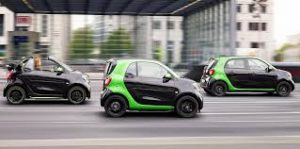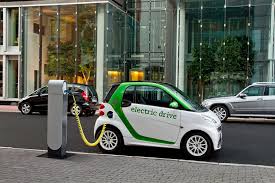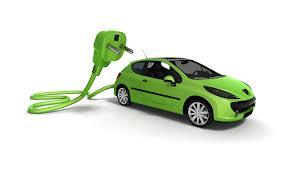Monthly Archives: February 2017
What is the difference between electric vehicles and hybrids or plug-in hybrids
 Electric vehicles that you can buy are a relatively new product on the market. Hybrid cars that combine a conventional petrol or diesel engine with an electric motor have been around for a long time.
Electric vehicles that you can buy are a relatively new product on the market. Hybrid cars that combine a conventional petrol or diesel engine with an electric motor have been around for a long time.
Gasoline-electric cars like the Toyota Prius or the new RAV4 hybrid aren’t technically electric cars because they can’t be plugged in and charged from an external source. They have very low-capacity batteries, and the electric motor is designed to help a conventional engine, rather than drive the car yourself.
Hybrids (HEV) charge their batteries, restoring energy that is usually lost during braking and deceleration, and sometimes directly from a gasoline engine. Continue reading
Used batteries from electric vehicles can disrupt the energy sector and create value for energy storage
 The battery does not expire after it has already exhausted its initial use in an electric vehicle. Batteries have great potential for reuse in stationary energy storage systems. In addition, by reducing the cost of energy storage, they can help to integrate more renewable energy sources into the network.
The battery does not expire after it has already exhausted its initial use in an electric vehicle. Batteries have great potential for reuse in stationary energy storage systems. In addition, by reducing the cost of energy storage, they can help to integrate more renewable energy sources into the network.
Lithium-ion batteries used in electric vehicles, which are usually designed for a decade (8 years or mileage up to 160,000 km). But even after 10 years of operation in electric vehicles, batteries can be reused in markets that require stationary energy storage with 100-300 cycles per year. Alternative re-use is mass utilization, which is possible in most of the regions in accordance with the rules of occupational health and safety, or disposal, which may make sense for battery manufacturers who want to get valuable metals, such as cobalt and Nickel, and which can achieve competitive costs for processing. Continue reading




